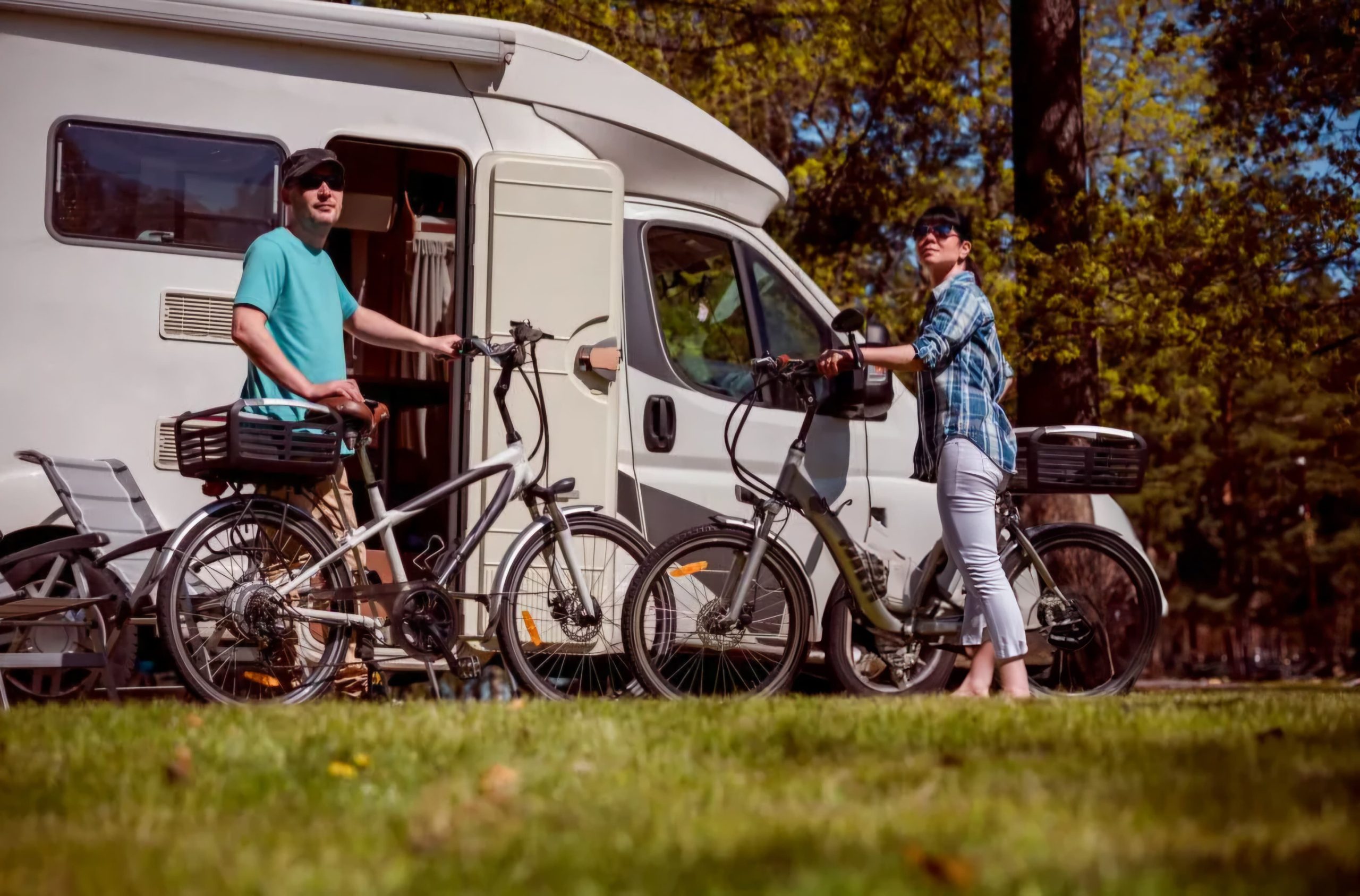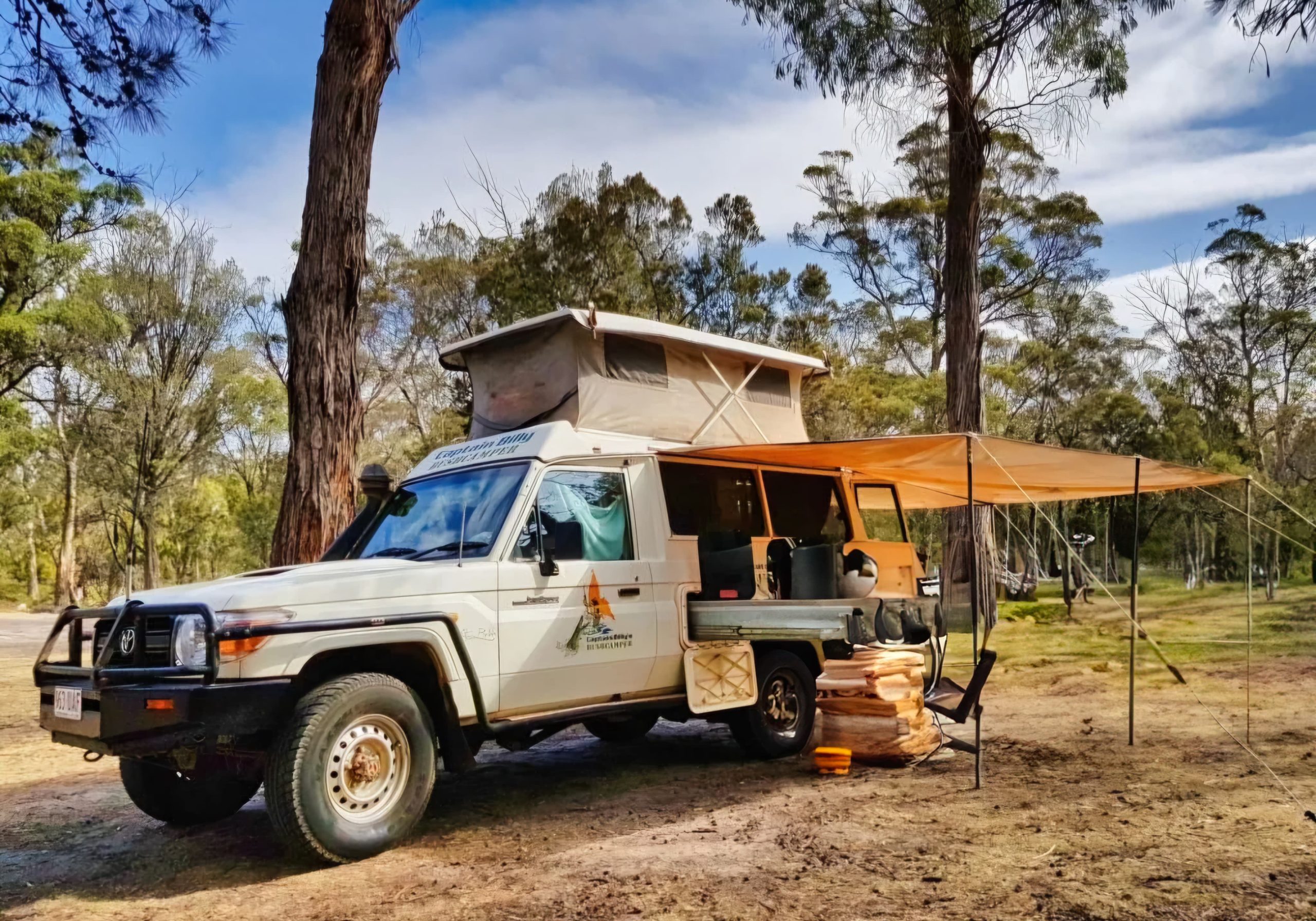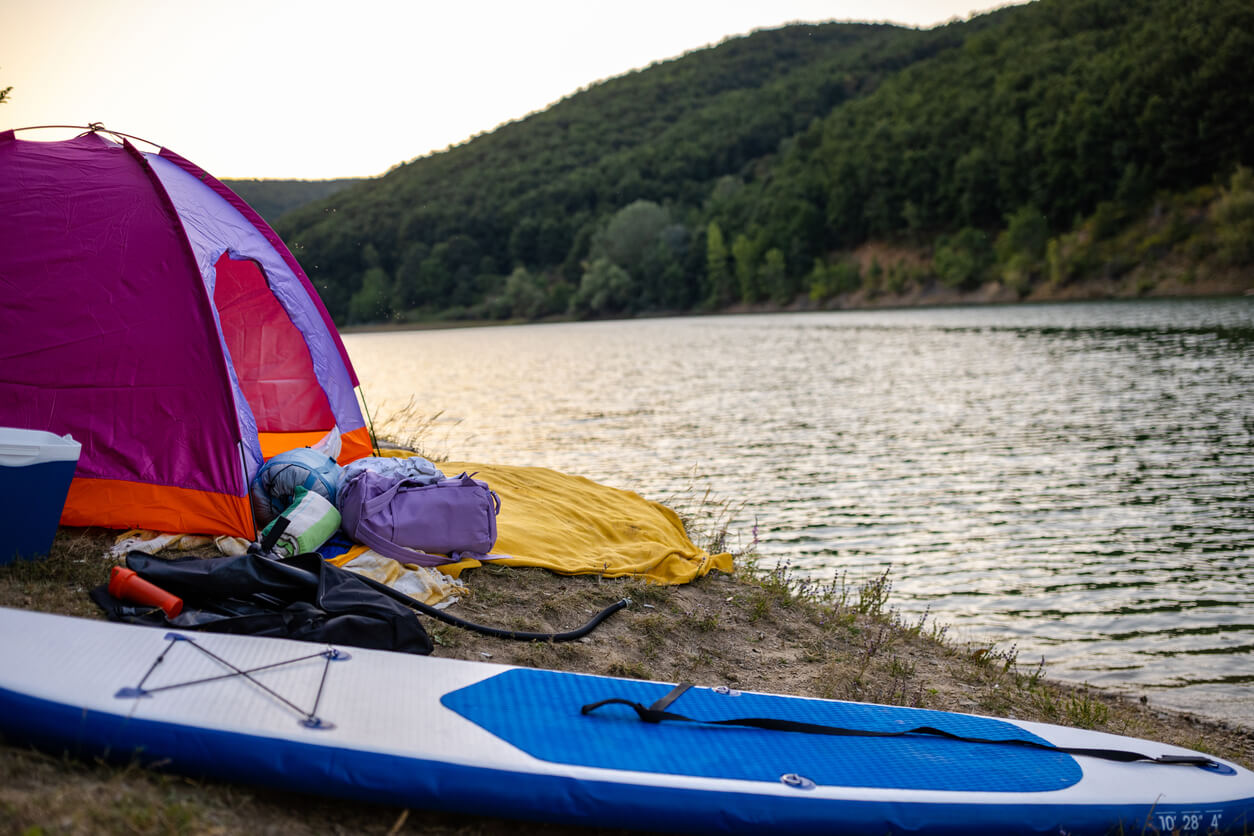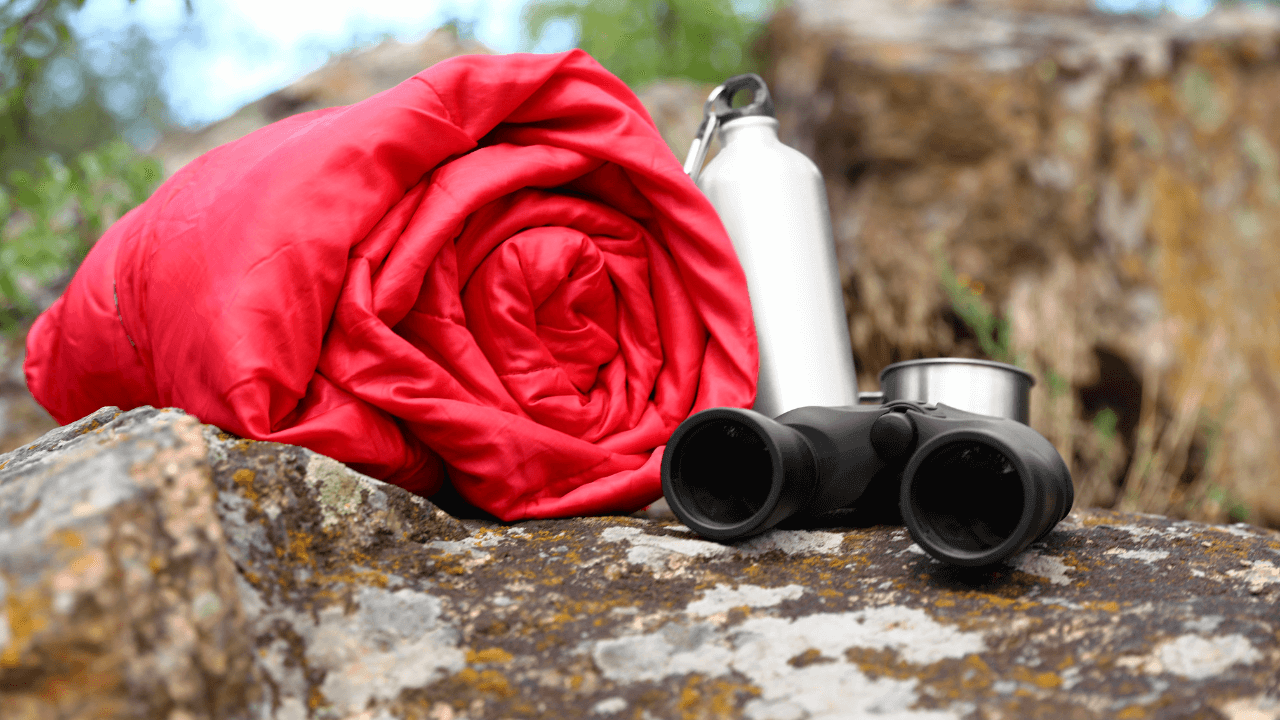Lithium batteries are ideal for camping, caravan, and RV adventures, providing a lightweight and effective power solution for your camping essentials. In this guide, we’ll go through everything you need to know about lithium batteries, and the key factors to consider when choosing the best one for your needs.
Table of Contents
ToggleWhat is a Lithium Battery?
Lithium batteries have become an increasingly popular choice for campers in Australia, offering an effective and lightweight power solution for camping equipment. These batteries are commonly used to power camping essentials such as portable fridges, lights, fans, and devices. Their high energy density allows for longer-lasting power, and they’re considerably lighter weight than traditional lead-acid batteries, making them ideal for camping and RV adventures where weight is a crucial factor.
Their ability to deliver consistent power supply, faster charging times, and durability make them well-suited for the demanding conditions often encountered in the diverse landscapes of Australia. And, since they ensure reliable and efficient power for extended periods, they ultimately enhance the overall camping experience.
How to Charge a Lithium Battery
Charging lithium batteries can be simple, especially when leveraging solar power solutions. Utilising solar panels or a solar blanket is a sustainable and convenient way to recharge lithium batteries during outdoor adventures. So, if you haven’t already done so, it may be time to invest in a solar panel or solar blanket for caravan, RV, and camping trips.
To charge lithium batteries using solar energy:
- First, unfold and set up your solar panels or blanket in an area with direct sunlight.
- Connect your solar equipment to a solar charge controller. This regulates the charging process and protects the battery from overcharging.
- Then, connect your lithium battery to the charge controller, and you’re good to go!
This solar-powered charging method offers an eco-friendly energy source that ensures a reliable power supply for your camping supplies in remote locations across the vast terrains of Australia.
If your camping vehicle isn’t powered by solar energy, don’t stress. Here are some alternative methods to charge your lithium battery:
- Generator: Using a portable generator is a reliable way to charge lithium batteries. Ensure that the generator’s power output matches the requirements of your battery charger and make sure to follow the safety guidelines for generator use.
- Vehicle: While on the move, you can charge your lithium battery by connecting it to your vehicle’s main battery, via a DC to SC charger. Install a battery isolator to stop charging when the vehicle is turned off to prevent draining the vehicle’s main battery.
- Battery charger: Portable battery chargers designed for lithium batteries can be connected to a standard electrical outlet. These chargers are compact and convenient for recharging batteries when near a power source.
- Power stations: Some campsites offer facilities with power packs or charging stations. These locations allow campers to recharge devices, including lithium batteries (via battery charger), using shared power resources.
Capacity and Voltage

For example, the Voltech Lithium LiFePO4 battery offers a robust capacity and voltage for extended camping trips, with 100Ah and 12.8v. That’s 1280 watt-hours (Wh) (Ah x V) .
Weight

For camping trips where weight is a critical factor, like 4WD camping, opt for a lightweight lithium battery. The BLA Marine Performance 12V Lithium battery is an example known for its lightweight design, weighing only 3 KG.
Cycle Life

Cost

Compare prices and features to find a lithium battery that gives you the best value for your camping needs. For example, if you have lower energy usage or are not travelling for long periods at a time, the BLA Marine Performance 12V Lithium battery is an affordable option that still features a high energy density and a large number of cycles at 2000 DOD.
For those with a higher energy usage, you may want to invest in a more high-end battery. For example, the Hardkorr 200Ah Lithium Deep Cycle battery offers a large capacity, a long cycle life, and a fast charge speed up to 4 times more than the average AGM battery.
Wrapping Up
Moreover, since lithium batteries have a deep discharge capability, they can be safely discharged to lower levels without causing damage; providing more usable capacity and flexibility in power management during caravan, RV, and camping trips.
Related Posts
- Must-Have 12v Appliances for Camping in 2025
Love to take your favourite appliances on your camping trip? We have the complete list…
- Expert-Approved Caravan Essentials You Need in 2025
These caravan essentials not only uplift your caravan’s interior but also elevate your home away…
- The ultimate 2025 Mother's Day gift guide for caravan and camping women
Whether your mum is a seasoned camper or just starting out, our Mother's Day gift…
- How To Choose The Best Camping Mattress
With the right gear and a little preparation, your camping mattress will be a dream…
- The Ultimate Guide To Choosing The Perfect Camping Chair
If you’re planning on going camping or venturing in your caravan, there are a few…
- The Ultimate Guide to Camping with Dogs
Proper preparation, a little advanced training, and the right camping accessories can make your camping…














